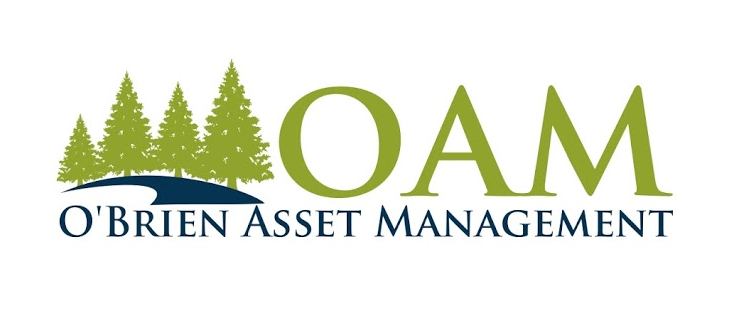The main reason the Federal Reserve lowers rates in reaction to an economic shock is that interest rates are the price of money. The lower the interest rates, the more people and businesses will borrow and spend, turning the wheels of the economy. The biggest ongoing expense most people have is their mortgage, and if you haven't looked at refinancing your existing loan in a while, the time is now.
Lowering your monthly payment is the number one reason to refinance, and rates have rarely been lower. Additionally, if your current mortgage has an adjustable rate, it would be prudent to switch it to a fixed-rate loan.
From a financial planning standpoint, if your current payment fits into your budget with-year mortgage, shorten the new loan into a 20-, or even 15-year term. That would save thousands in the years ahead.
The last reason to refinance is to take cash out of your home. If the value of the home has increased since you purchased it, or if you've paid down a chunk of the mortgage already, you could take out a new loan, pay off the old one, and have cash left over. You might use the extra money borrowed to pay off higher-cost debt, cover the kids' college costs or remodel your home. Just be careful that you don't get back into that same higher-cost debt again while having given up the equity you'd built up.
